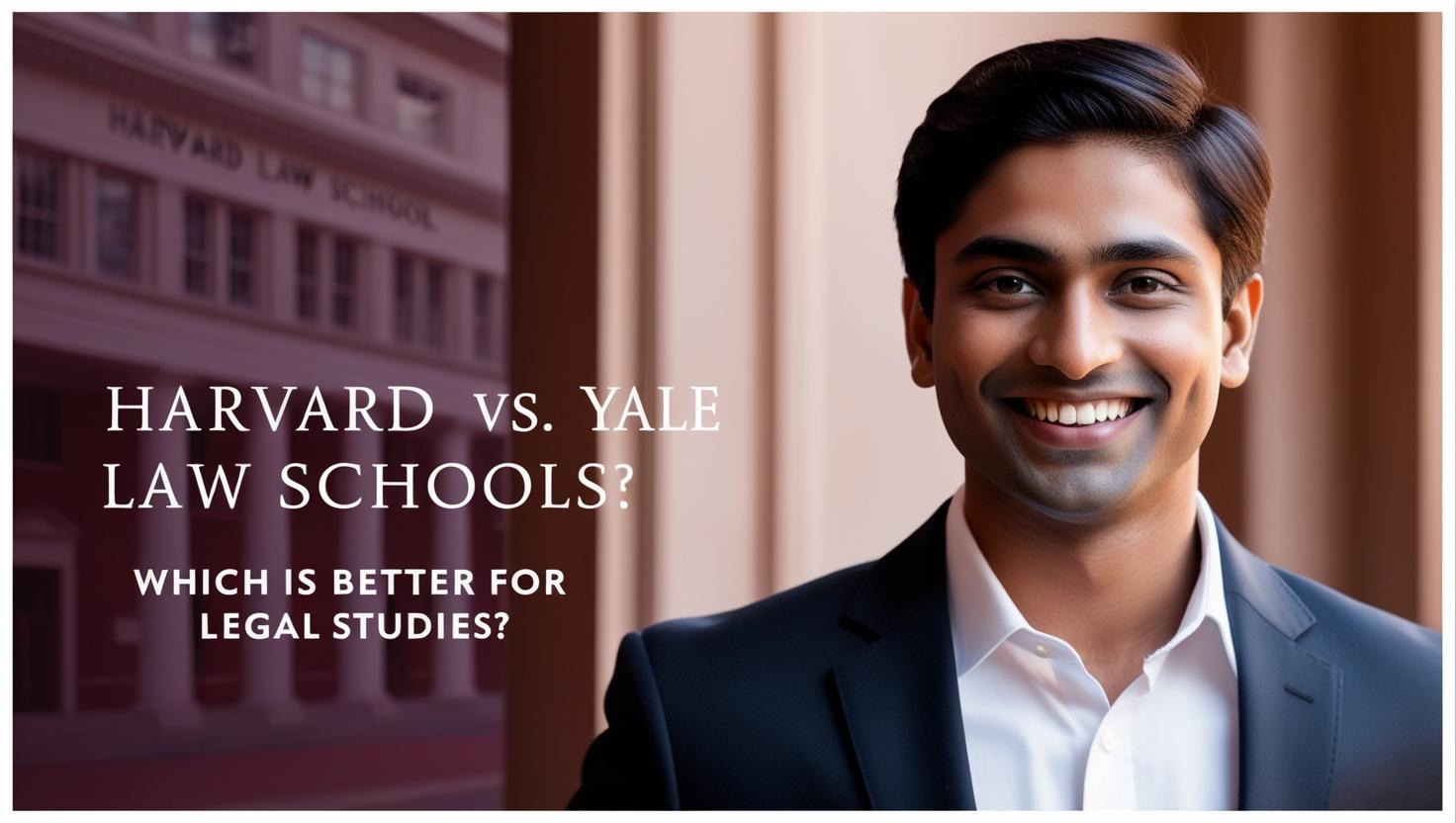Introduction
Harvard Law School and Yale Law School are two of the most prestigious legal institutions in the world. Both offer exceptional academic programs, career opportunities, and global recognition. However, when choosing between Harvard and Yale for legal studies, students must consider factors such as curriculum, faculty, campus culture, career prospects, and financial investment.
This blog provides a detailed comparison to help aspiring law students make an informed decision. Additionally, we’ll explore how Kandor can assist students in securing admission to top law schools.
1. Academic Structure and Curriculum
Harvard Law School (HLS)
- Harvard follows a structured and rigorous curriculum, with a strong emphasis on case law and practical applications.
- The first-year program (1L) is highly structured, covering core subjects such as Contracts, Criminal Law, Civil Procedure, Constitutional Law, and Torts.
- Students can customize their coursework in later years with specialized courses, joint degrees, and clinical programs.
Yale Law School (YLS)
- Yale offers a more flexible and research-oriented curriculum, with students not receiving traditional grades in the first year.
- The school focuses on academic discussions, legal philosophy, and policy research, making it ideal for students interested in academia, judicial clerkships, and public service.
- Students can take elective courses from the first year, unlike Harvard, which has a fixed 1L curriculum.
Verdict: Harvard is ideal for students who prefer a structured legal education with a practical focus, while Yale is better suited for those interested in legal theory and research.
2. Faculty and Research Opportunities
Both Harvard and Yale have world-renowned faculty, but their teaching approaches differ.
- Harvard Law School: Home to top legal scholars, Supreme Court justices, and global legal experts. It offers extensive research centers, including the Berkman Klein Center for Internet & Society and the Program on International Law and Armed Conflict.
- Yale Law School: Known for its small class sizes and faculty mentorship, allowing students to work closely with professors. Research centers like the Yale Law Journal and the Arthur Liman Center for Public Interest Law provide opportunities for legal scholarship.
Verdict: Yale offers a more intimate faculty-student interaction, while Harvard provides a larger research network and industry-focused training.
3. Career Prospects and Alumni Network
Harvard Law School
- Strong placements in top law firms, judiciary roles, and corporate law positions.
- Many graduates work at top firms like Cravath, Latham & Watkins, and Skadden or become Supreme Court clerks.
- A strong global alumni network, including former U.S. presidents like Barack Obama.
Yale Law School
- Graduates often pursue judicial clerkships, academia, or public policy.
- Yale has the highest placement rate for Supreme Court clerkships in the U.S.
- Many professors, judges, and policymakers worldwide are Yale Law graduates.
Verdict: Harvard excels in corporate law and global firm placements, while Yale is the best for judicial clerkships and academia.
4. Campus Culture and Student Life
Harvard Law School
- A larger student body with a competitive environment.
- Offers over 90 student organizations, moot court competitions, and global networking events.
- Located in Cambridge, Massachusetts, close to Boston’s legal and corporate hubs.
Yale Law School
- A small, close-knit community with fewer students.
- Encourages intellectual debate and policy discussions.
- Based in New Haven, Connecticut, offering a quieter academic environment.
Verdict: Harvard provides a dynamic and competitive atmosphere, while Yale fosters a tight-knit intellectual community.
5. Financial Investment and Scholarships
- Harvard: Approximate tuition fees are $75,000 per year, with financial aid and merit-based scholarships available.
- Yale: Slightly higher tuition at $78,000 per year, but higher financial aid availability.
Verdict: Both schools require significant investment, but Yale offers better financial aid packages.
How Kandor Can Help You Get into Harvard or Yale Law School
Applying to top-tier law schools requires careful planning. Kandor provides:
- Personalized application guidance for law school admissions.
- Expert IELTS preparation to meet English proficiency requirements.
- Scholarship and financial aid assistance to help reduce tuition costs.
- Visa and immigration support for international students.
With Kandor’s expert mentorship, students can strengthen their applications, prepare for interviews, and improve their chances of admission to Harvard, Yale, or other leading law schools.
Conclusion
Choosing between Harvard and Yale Law School depends on your academic goals and career aspirations.
- Harvard is best for corporate law, practical legal training, and global firm placements.
- Yale is ideal for judicial clerkships, academia, and public policy careers.
Regardless of the choice, both institutions offer world-class legal education. With Kandor’s guidance, aspiring law students can navigate the complex application process and achieve their dream of studying at a top law school.




















